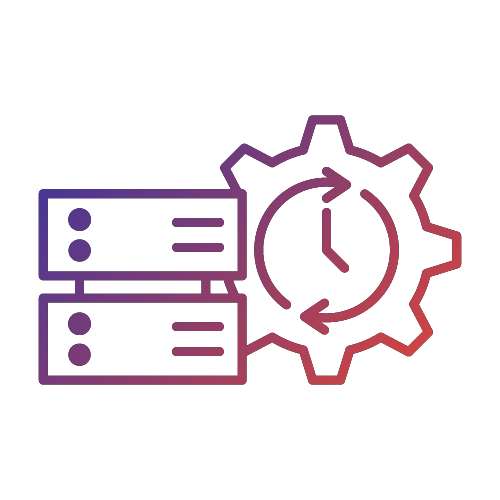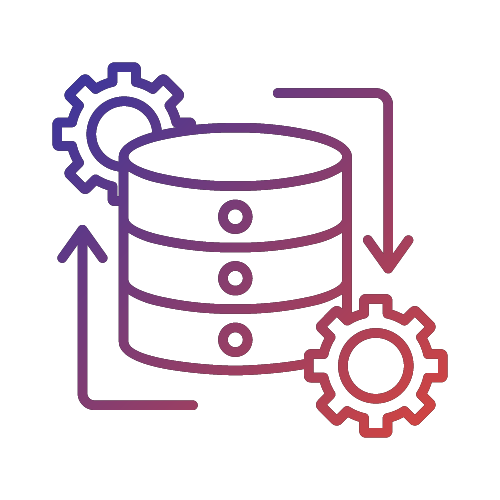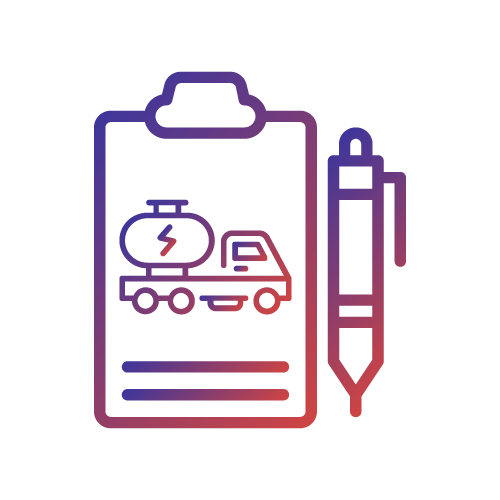

Smart Refueling: How Automation Simplified Complex Apron Operations
A leading aviation service provider took a significant leap toward operational modernization by implementing a fully automated Apron Fuel Management System (AFMS). The solution addressed long-standing inefficiencies in fuel delivery processes by introducing an integrated hardware-software system for accurate data capture, seamless reporting, and centralized visibility.
- Industry Fuel Delivery & Ground Operations
- Platform Windows
- Solutions ERP Solutions
Overview
The aviation fueling team previously relied on manual processes to track fuel delivery at airports. Critical fueling data, such as batch count, totalizer readings, start/end time, and flight details, were recorded manually across multiple physical copies.
Challenges
The Solution

Results & Benefits
The new automation system resulted in the following measurable outcomes:
- Operational Improvements
- Improved accuracy and control over fuel delivery
- Real-time transaction updates to hierarchy and accounts
- 8-hour reduction in billing cycle time
- Seamless inventory and asset management
- Better transparency between stations and central offices
- Client-Side Enhancements
- Faster check-in/check-out reporting for ground staff
- Reliable asset health tracking (vehicles, meters)
- Enhanced coordination between fueling officers and staff
- Smarter forecasting and planning for asset use
Conclusion
Switching from manual to smart apron fueling has allowed the aviation service provider to address long-standing inefficiencies and improve precision, speed, and transparency in ground operations. Digitization of the fueling workflow from data capture to client/order reporting has improved coordination and internal processes. The result is a fueling ecosystem that is more responsive, reliable, and future-ready that raises the bar in operational excellence in the aviation sector.





